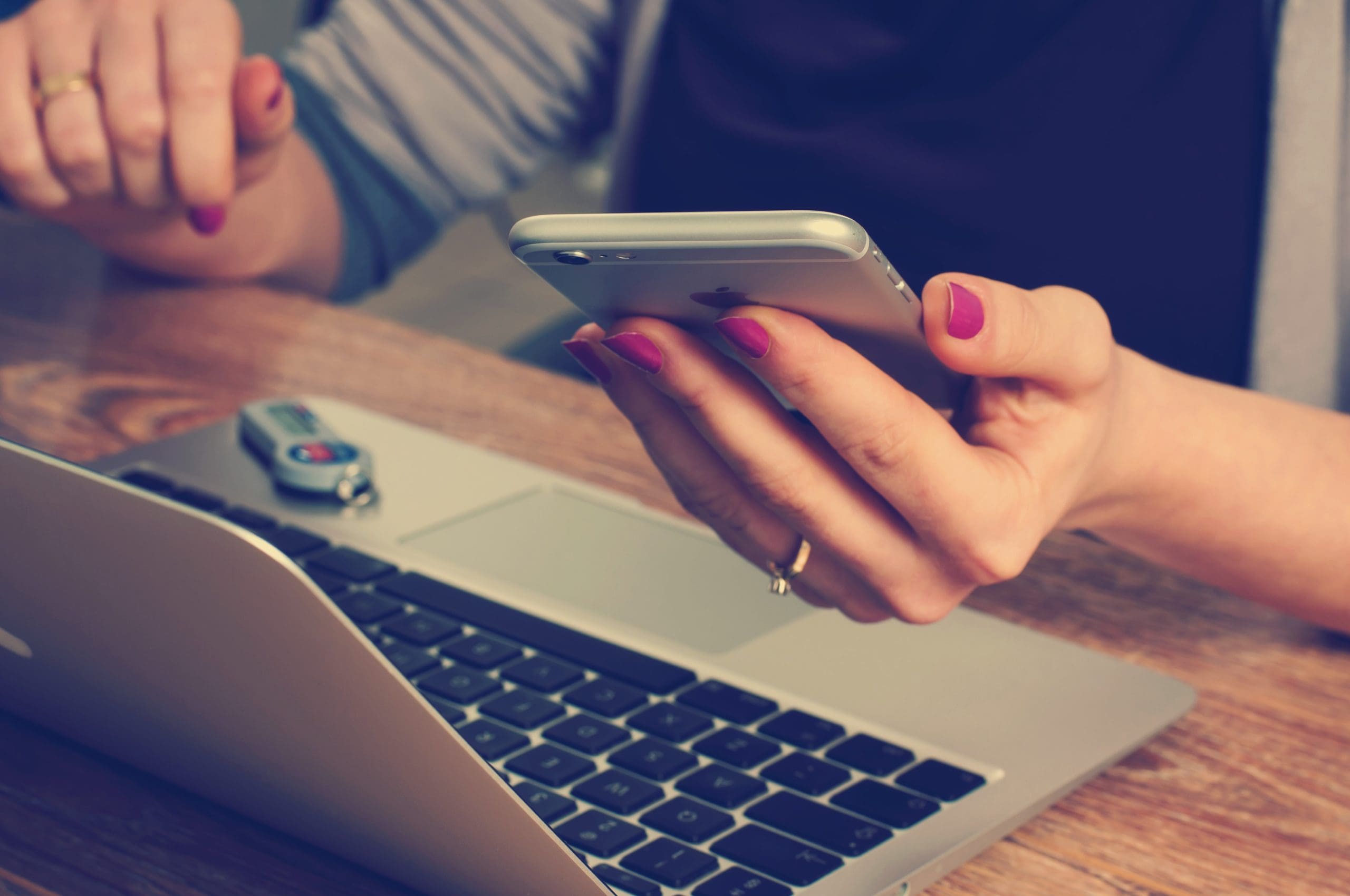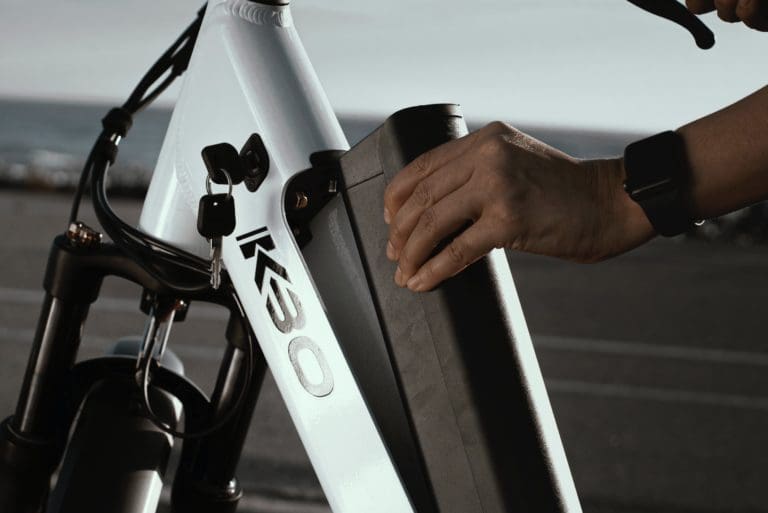Millions of people around the globe are using peer-to-peer payments services and mobile payment apps as they simplify money transfers and provide additional perks as well. You can easily pay your friend for lunch, send over a fee for a service you avail online, pay your share of rent to the roommate and what-not.
Photo by Firmbee.com on Unsplash
If you make the right choice, most mobile payment apps offer security in addition to ease of use, and speedy transfers. However, this does not hold true for all mobile apps and since you will be connecting a bank, debit card or credit card to make the payments, it is crucial to know how safe your transactions will be. Besides security, before installing a new app, you have to consider how useful it would be. Remember, not all merchants have started accepting these mobile wallets so you may be restricted to selective transfers only if you choose an app that the majority of online or in-store retailers do not accept.
If it is your first time around, here are a few things to keep in mind to make sure your money stays safe and when transferring, it goes to the right recipient.
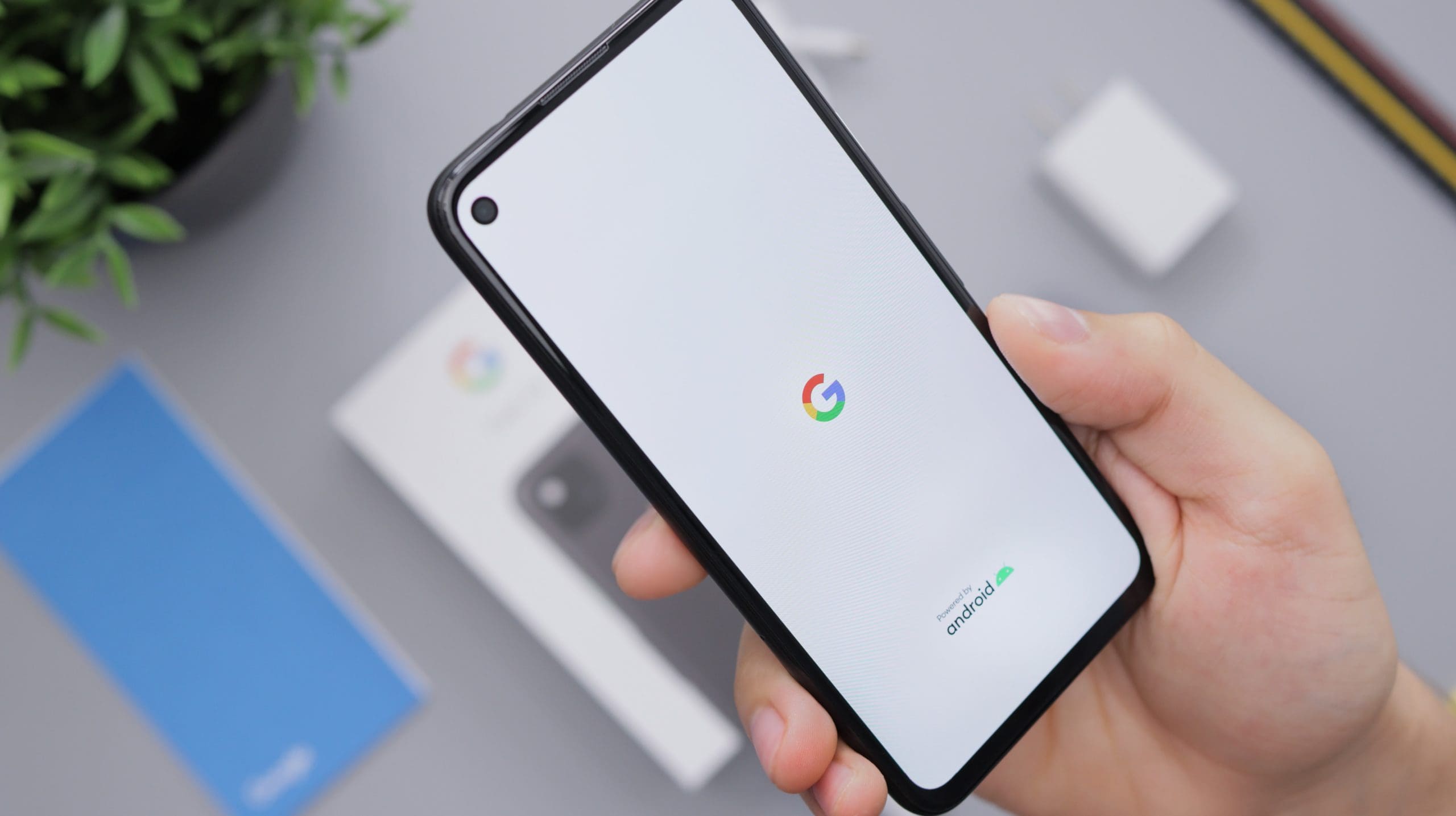
1. Gather Sufficient Information About The App That You Are Using
You should take your time to go through online reviews before choosing the payment app. Moreover, you can also visit the official website to have more knowledge about fees, security protocol, transfer limits, etc. related to the app that you intend to download. Most people end up facing frauds because they are not aware of terms of use of the mobile wallets or apps. For example, the majority of the cash app users still wonder if it has a clearance fee or not when the company has clearly mentioned that it does not charge any cash app clearance fee to its customers.
2. Be Cautious When Exchanging Funds With Accounts You Don’t Know
Dealing with parties you don’t personally know hardly ends well. Since most mobile wallets do not have a “cancel transaction” feature, you may not be able to get the money back if you end up sending it to a fake company or recipient. Similarly, you can also not retrieve the funds if you send it to someone else by mistake. If the other party is courteous, you can request them to send it back. However, things don’t go that smoothly when you are dealing with tricksters online.
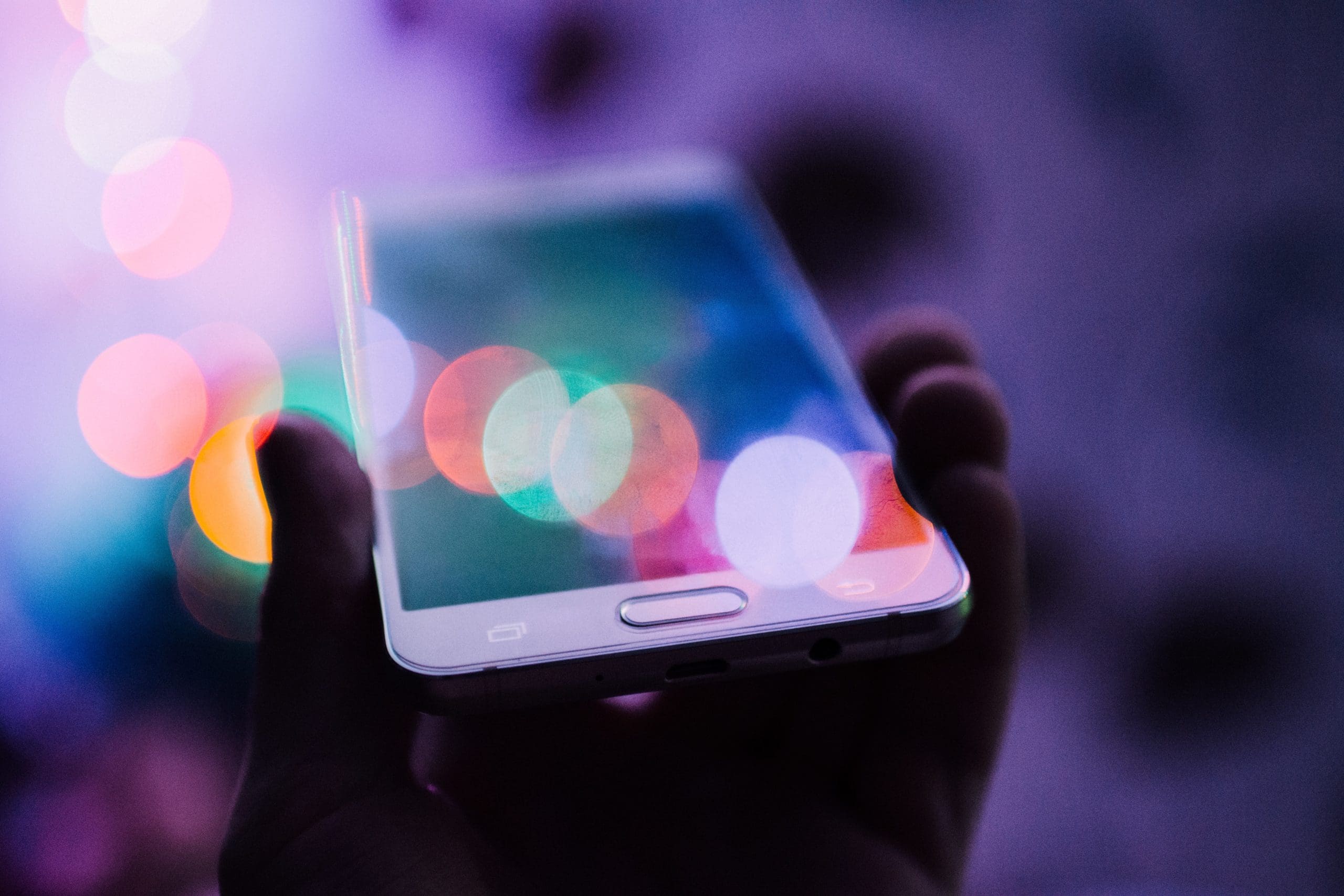
3. Set Up Security Checks Before Making a Payment
Most of the apps allow you to set up a passcode or a PIN that is necessary whenever you make a transfer. This acts as a barrier so that you have to CONFIRM before making a transaction every time. In case somebody else gets access to your account, he or she will not be able to make payments without providing the PIN or finger authentication. Moreover, apps like Cash App generate payment receipts so do other mobile payment platforms like PayPal or Venmo. You should save these as records to report if any faulty transaction takes place.
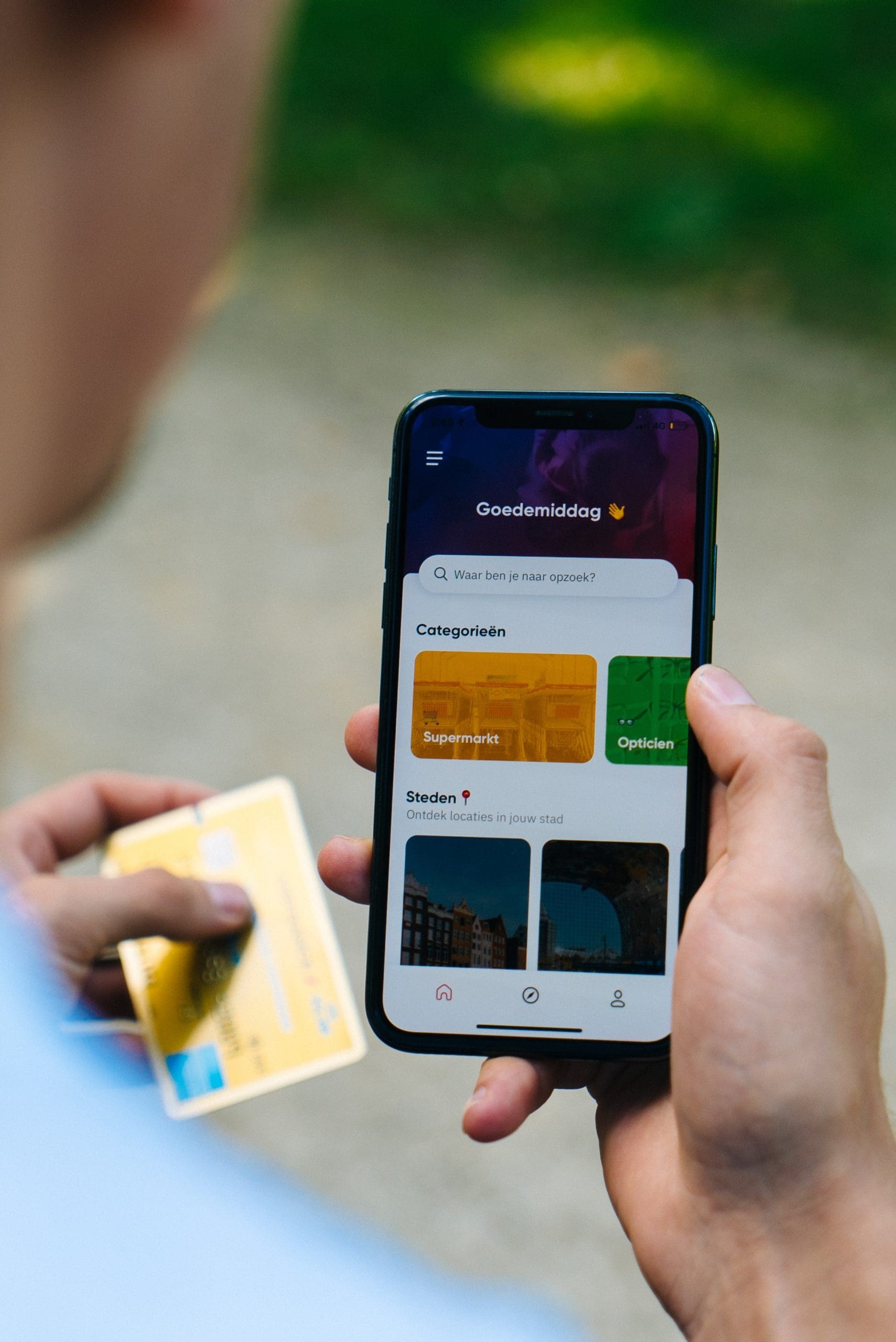
4. Be Quick To Contact The Bank If You Notice Anything Suspicious
All financial institutions like banks or credit unions are bound by law to investigate errors and provide compensation if anything goes wrong at their end. If your app is under protection as well, you may be able to get your money back after a scam. However, unfortunately, most new mobile apps do not offer the same level of protection as banks. You should go through their reviews as well as privacy policies to determine what you can do in case of a fraud or a scam. In any case, it is best to get in touch with the customer support team as soon as possible.

